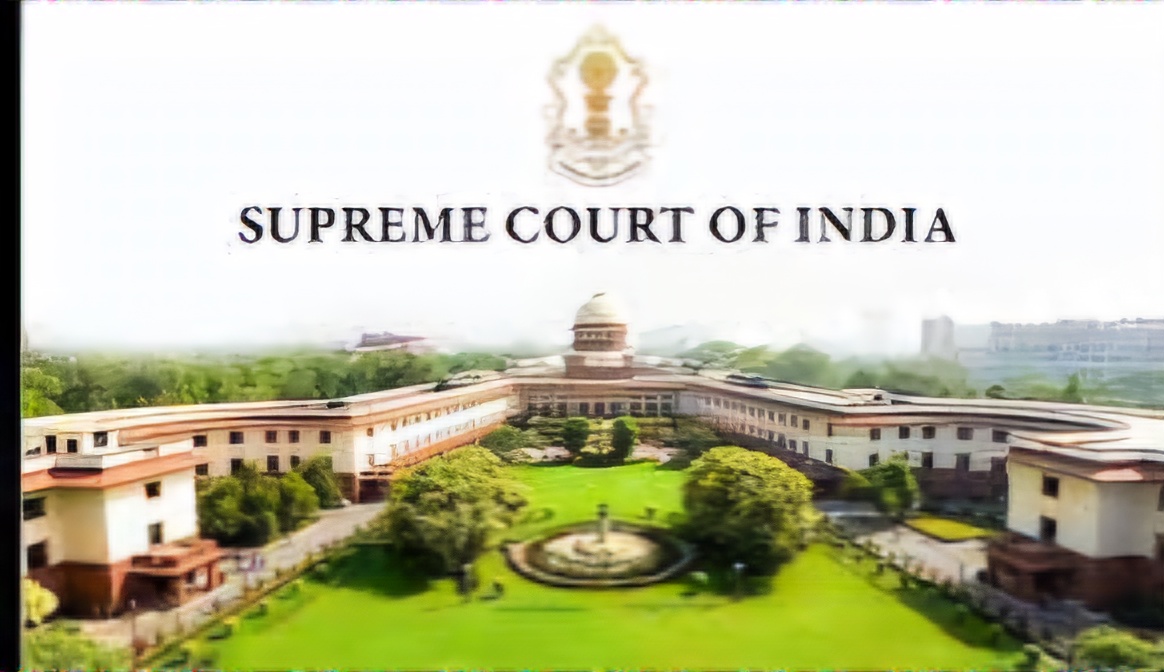


In a point of interest judgment conveyed in September 2024, the Incomparable Court of India ruled on the case Ashok Kumar Sharma & Ors. vs Union of India. This case raised vital questions almost the application of sacred rights and government commitments in service-related debate.
Case Outline
The applicants, driven by Ashok Kumar Sharma, challenged a government choice with respect to their work conditions, contending that it abused their essential rights. The debate included issues related to pay equality, advancement approaches, and the generally reasonableness within the treatment of workers.
The Union of India, speaking to the government, protected its choice by expressing that it was reliable with existing legitimate and authoritative systems. In any case, the solicitors fought that the choice fizzled to comply with constitutional standards, especially the correct to correspondence beneath Article 14.
Legal Concerns Resolved
Whether the government's decision to impose discriminatory pay and promotion rules violated the petitioners' constitutional rights was the main legal question. The petitioners claimed that because of the government's conduct, they were treated arbitrarily and were not afforded equal protection under the law.
The interpretation of service rules was another important issue. The petitioners argued that uneven application of the government's policies had left similarly situated employees with unequal chances.
Supreme Court’s Judgment
The judgment emphasized that "administrative decisions must be free from arbitrariness, and any policy that results in discrimination against individuals on similar footing cannot withstand constitutional scrutiny." The Court further directed the government to revise its policies in accordance with principles of equality, ensuring that all employees receive fair treatment.
"No public authority can justify unequal treatment in the absence of a reasonable classification that is based on objective criteria," the judgment concluded.
Conclusion
The Supreme Court's judgment in Ashok Kumar Sharma & Ors. vs Union of India highlights the need for transparency and fairness in government employment policies. By striking down arbitrary decisions, the Court has reaffirmed its commitment to upholding constitutional values, particularly the right to equality.
Click Here to: Download/View Related File
TAGS: Supreme Court constitutional rights Article 14 employment pay parity promotion policies Union of India service rules equality discrimination